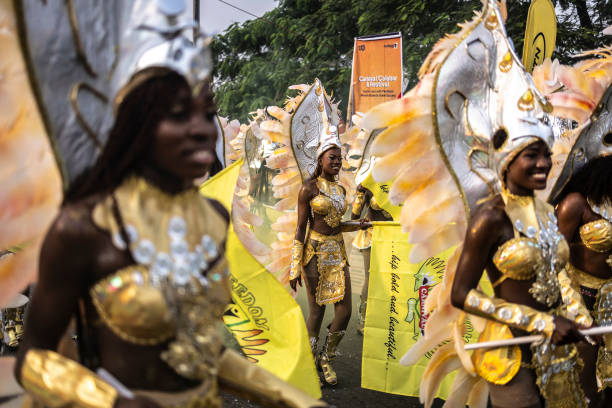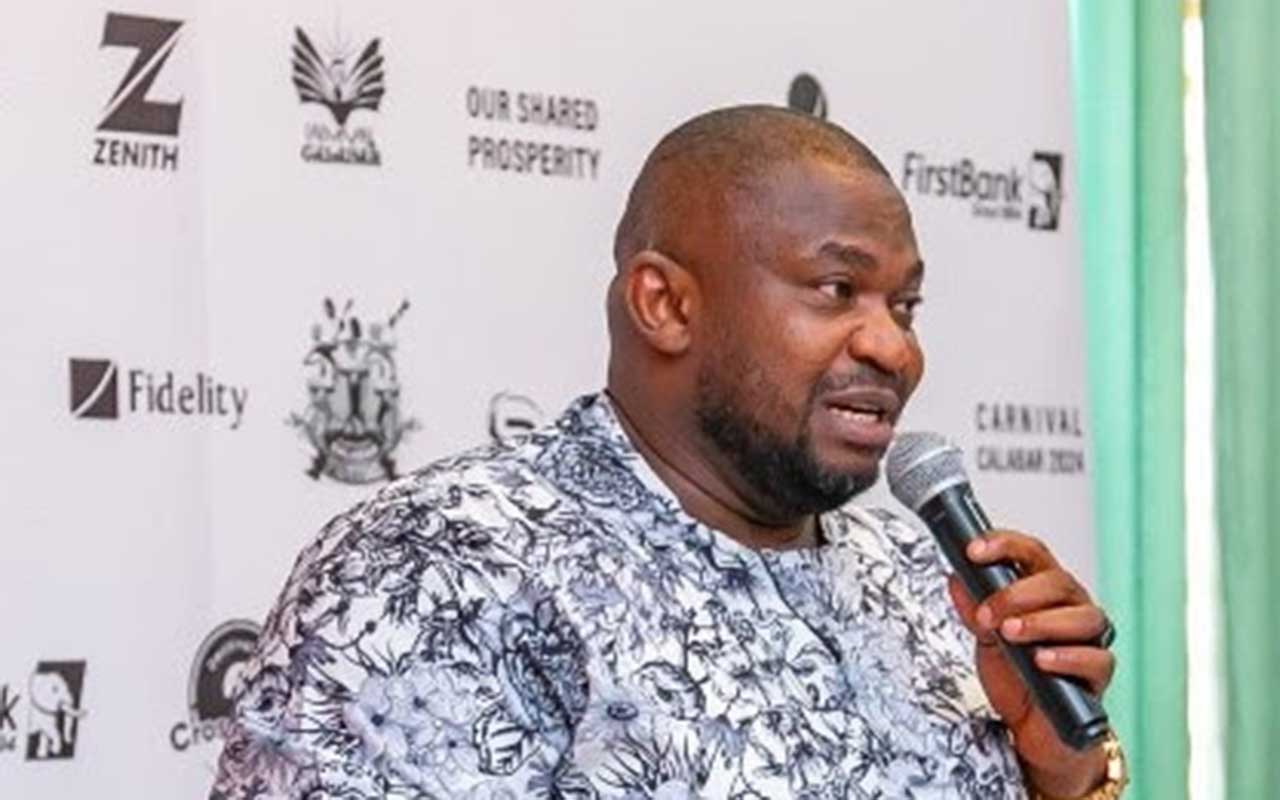Aviation and security experts have called on the Federal Government to urgently adopt modern technologies like advanced drones as a main strategy in tackling the growing threats of terrorism and violent extremism across the country.
The experts expressed worries that the menace was gaining momentum in the country, while the government seemed helpless despite attempts to stop the challenge.
A United States–based Nigerian aviation expert, Femi Adeniji, in an interview with The Guardian, said Nigeria must now move away from “outdated, manpower-heavy methods” and embrace the same technologies that have helped many Western nations reduce terror attacks within their borders.
Adeniji, who is also the Chief Executive Officer of Nigame Aircraft Consult, United States, said that while citizens still play an important role in supporting national security, over-reliance on human intelligence, especially in an atmosphere of mistrust and corruption, limited effectiveness.
He insisted that this is an era of advanced technology, noting that there are different types of drones in the world, like the Resolute Eagle, which numerous countries like Mexico and Guatemala have deployed to fight crimes and criminalities in their domains.
Adeniji explained that unlike the small commercial drones commonly used in Nigeria, the Resolute Eagle was a military-grade, long-endurance unmanned aerial vehicle designed for real-time surveillance, covert operations and precision engagement.
He declared that the drone was particularly suitable for Nigeria’s terrain and security challenges, saying that it offers both intelligence-gathering and strike capabilities.
He said, “This is an era of advanced technology. The best approach now for any serious government is the adoption of technology. For instance, I know the Resolute Eagle. This technology can be controlled from anywhere; the operator does not have to be close to the war zone.
“It can carry International Traffic in Arms Regulations (ITAR)-approved arms, cannot be seen or heard from the ground, and can record activities live as they happen. Those are the modern technologies that the government should be going for, not outdated equipment.”
According to him, the drone flies at 21,000 feet above sea level, has an endurance of eight hours, and could be rapidly deployed to any conflict zone for monitoring, tracking, capturing or disrupting terrorist movements.He added that such capability gives security forces the ability to strike unexpectedly, an advantage he said was crucial in counter-terrorism operations.
Adeniji expressed that Western countries had been able to curb terror attacks by combining intelligence, technology, and swift military response, adding that during the Iraq and Afghanistan wars, these technologies reduced casualties and helped forces effectively target terrorists.
He, however, believed that the Nigerian government was making efforts to tackle insecurity, pointing to the recent changes in military leadership, but he insisted on technology-driven solutions.
Also, a security analyst, Mohammed Lawal, said Nigeria’s counter-terrorism strategy had been weakened by delayed response and poor intelligence gathering.
Like Adeniji, he said drones could make an immediate impact in the two areas. He pointed out that drones allowed for 24-hour surveillance without risking soldiers’ lives, noting that if Nigeria deployed high-end drones across hotspots in the North-East, North-West and parts of the North-Central, terrorists would lose the element of surprise.
“Many attacks succeed today simply because the security forces do not see them coming,” he said.
Lawal added that drones also enhance coordination between ground troops and air support, making rescue operations and ambush prevention far more effective.He further urged the Federal Government to invest urgently in advanced drone systems if the country hoped to reverse the expanding security crisis.






